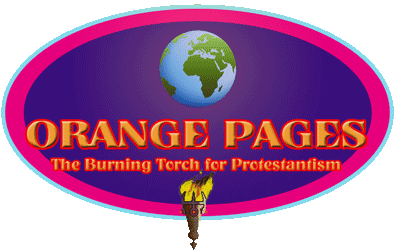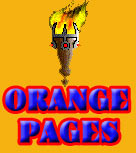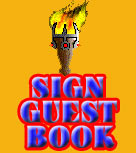|
A song to the
field, the well-fought field.
That the battle of the Diamond won:
When the sword in its might for Protestant's right,
Flash'd forth in the evening sun.
And the glorious west, with its red clouds blest,
Shone out on the deeds then done:
And the mountain's heath was the scene of death.
That the battle of the Diamond won.
Then hurrah, then hurrah.
'Twas in the year of '95 September
the 21st,
A rabble on the vision burst;
They rush'd from the hills with shouts and with yells
The Defenders to do their worst
But them to oppose Stood Protestant foes,
Who scattered the murderous crew;
And ere the sun set, the green grass was wet,
But not with the evening dew,
Then Hurrah, then hurrah.
From this noble fight our lodge
takes its name
The Diamond Lodge our pride;
The ardent desires which glowed in our sires,
In these their sons do abide.
Should rebels again e'er be seen on the plain,
An Orangeman's fire they would shun;
For the Diamond will cast its fires to the last.
That the battle of the Diamond won
Then hurrah, then hurrah.
|
The Battle of the Diamond-21st September,
1795
It was not in faction, it was not in
hate,
That we men of the North assembled;
It was that our own and our children's fate,
In the balance no longer trembled.
For there came - 'twas at night, a
lawless band,
Their ranks like a torrent swelling,
With the weapon of slaughter in each man's hand,
Where we in our homes, were dwelling.
Darkly they came, in the dead of night,
They gave no word of warning,
And they laughed at the blaze their brands should light,
And the smoke that should greet the morning.
They paus'd--did they fear the storm
they'd woke?
That they faltered as forth we sallied?
For we saw when the light of the morning broke,
On the Diamond Hill they'd rallied.
What though they were many, and we
but few,
Yet each to the conflict hasted,
And the shot was sharp, and the aim was true,
While that fearful struggle lasted.
Yes, last it did - aye, many a day!
But the shield of our God was o'er us;
Till at last, like a quarry long held at bay,
We drove them like chaff before us.
Then blame us not, when all was o'er,
And we looked on the dead around us,
If then, and for ever, an oath we swore,
To be found as that day had found us.
Stern and steadfast, and linked as
one,
On God and ourselves relying;
Seeking quarrel or feud with none,
But all on our hearths defying.
Traverse who will that wretched land,
Now rife with revolt and riot;
And where'er ye shall hear of our loyal band
There alone shall ye find it quiet.
Yes! cold suspicion, and scoff, and
scorn,
And caiumny, have assailed us;
Aye! hard though it was - all these we've borne,
Not once have our true hearts failed us.
We have bided our time - it is well
nigh come!
It will find us stern and steady;
It will need not to rouse us with trumpet or drum,
For our hearts and our arms are ready.
Note: "Not a Drum was Heard" is the correct air for this song,
however, as with many songs in our collection it remains a mystery.
The song itself is an account of a battle beween the Roman Catholic
"Defenders" and the Protestant "Peep o' Day Boys".
The Defenders who
had some thirty men killed were frustrated in their intention to expel
the Protestants from Co. Armagh. The Protestants won without loss of
life, and, shortly after founded the Loyal Orange Institution of
Ireland, which remains a strong part of Unionism and Protestantism
in Ireland. (The Orange Lark)
|








